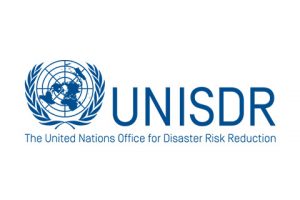TechInAfrica – Organize by the United Nations Office for Disaster Risk Reduction (UNDRR) and CIMA Research Foundation, a non-profit research organization founded by the Italian Civil Protection Department; Disaster risk managers from Africa have been participating in the 5-day study tour in Europe this week. The participants hailed from disaster management agencies of Angola, Ethiopia, United Republic of Tanzania, Rwanda, and Zambia, as well as accompanied by the experts from the Intergovernmental Authority for Development (IGAD) and the Africa Union Commission.
The study tour includes visitations to civil protection facilities in Brussels, Rome and Genoa, with the focus to impact-based Early Warning Sustems, , preparedness and emergency response, roles and responsibilities. It includes 3-day training at CIMA Headquarters in Savona, Italy, focusing on risk modelling, use of datasets for characterizing exposure and vulnerability, and the development of risk metrics according to countries’ needs. The experts will also be involved in the process of validating the new risk profiles being currently developed by CIMA researchers with data provided by countries’ national institutions.
Mr. Gatkouth Kai Bol Kai, of the African Union Commission stated, “This experience means a lot to us, because we want to learn from different systems in Europe. We have seen the level of sophistication that exists in European countries and the complexity of the systems, and how they are made operable and effective. We want to understand how to adapt this to our situation. Our role is to understand how to develop and establish these systems where they are not present yet. There is also another important aspect to consider: in fact, sharing experiences allows us to avoid mistakes”.

Mr. Sebhatu Kidane Keflemariam from IGAD added his sentiments on the expected outcome of the tour, “We want to learn how other countries operate. Sharing experiences allows us to understand how to link this knowledge with our needs in Africa. Of course, our problems can be different: not floods but drought, for example. Anyway, the most important point is in understanding how to assess a situation from available information and how to use this analysis: that’s what we want to understand”.
Mr. Luca Rossi, Deputy Chief of UNDRR Office for Africa said “We hope this opportunity of sharing experiences between countries and continents will be enriching and that will help us to identify the next steps for a more prepared, resilient and sustainable Africa”.
Source: CNBCafrica.com




